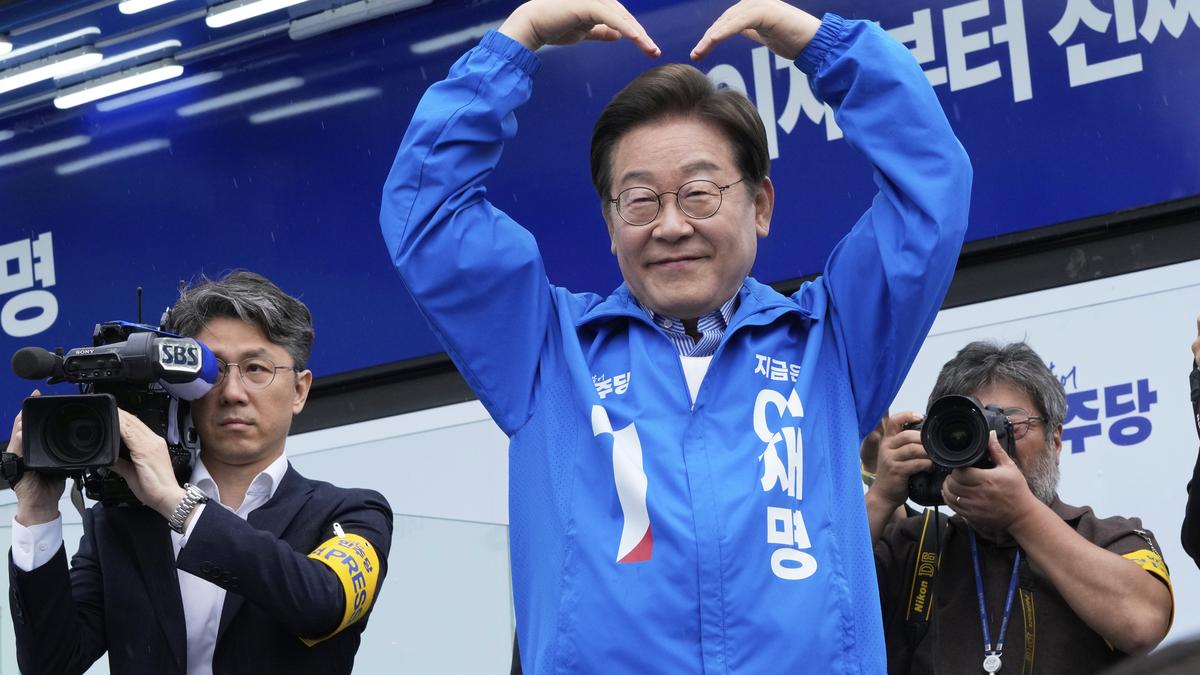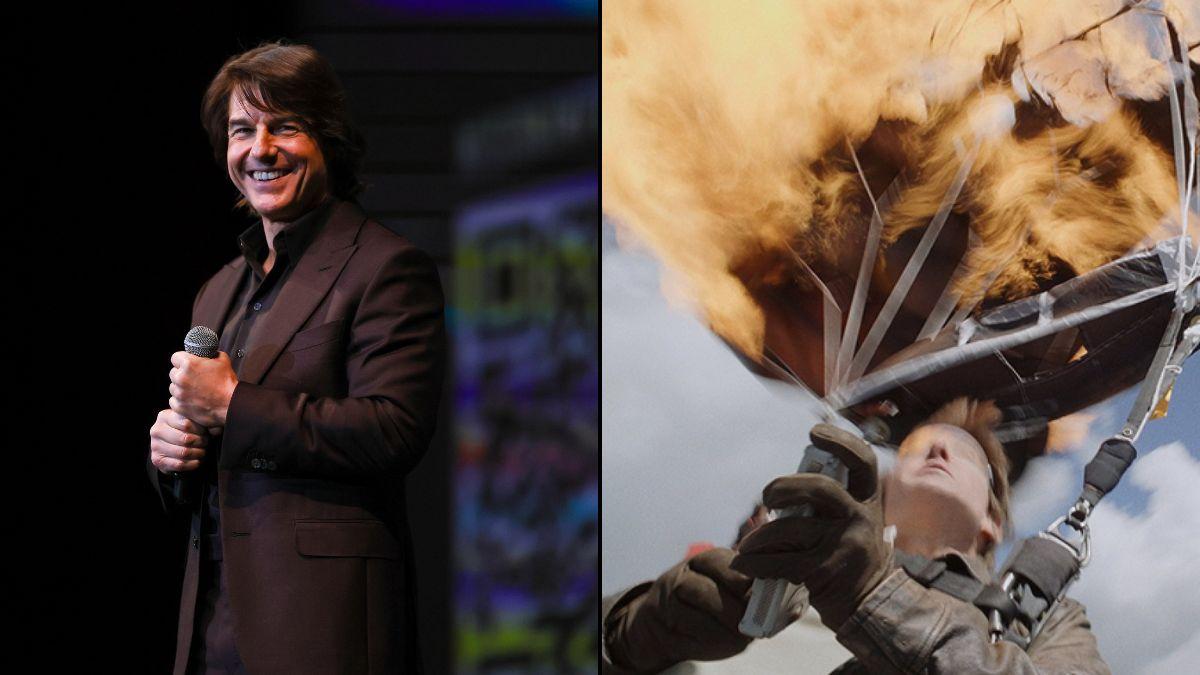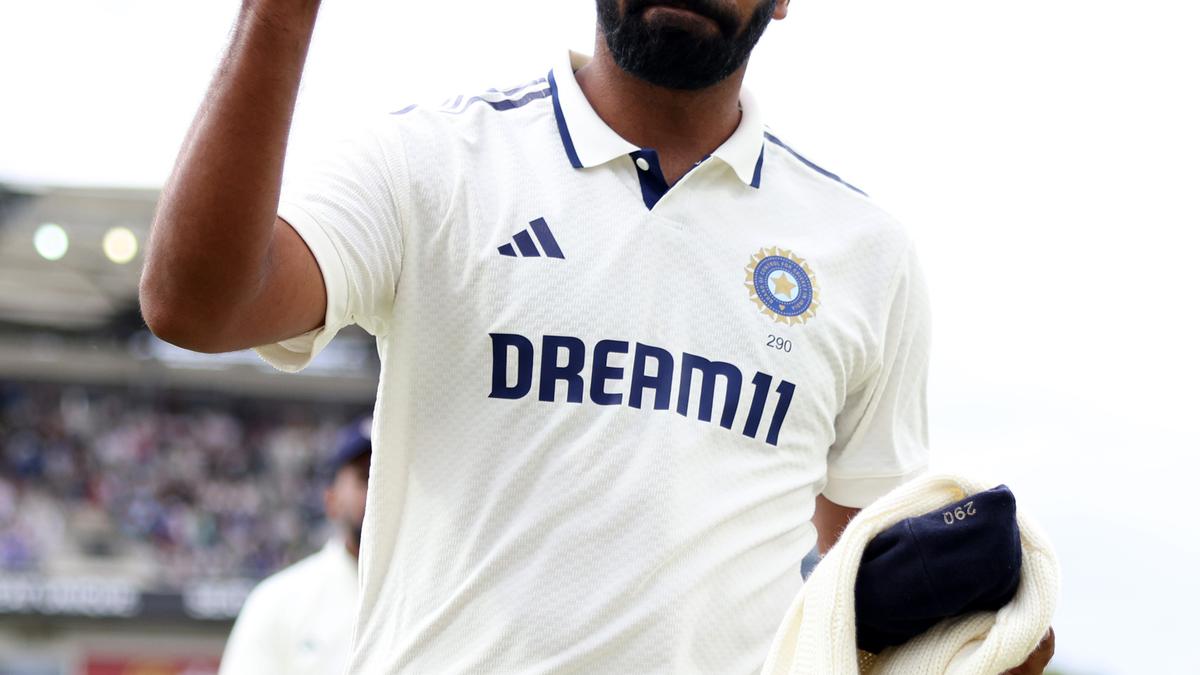South Korea’s Presidential race has devolved into personal attacks and petty disputes, drowning out meaningful policy debate after former conservative leader Yoon Suk Yeol’s ouster over his martial law fiasco.
The bitter mudslinging between Liberal Frontrunner Lee Jae-myung and conservative opponent Kim Moon Soo escalated during the final Presidential debate last week, with Mr. Lee branding Mr. Kim “Yoon Suk Yeol’s avatar” and Mr. Kim denouncing Mr. Lee as a “harbinger of monster politics and dictatorship.”
Here is a look at the words and controversies that have roiled campaigning for Tuesday’s election:
Consistently trailing Mr. Lee in opinion polls, Mr. Kim has focused on dredging up his legal troubles and casting the outspoken Democratic Party candidate as a dangerous, hardline populist whose economic promises are detached from reality.
For days, Mr. Kim’s camp has seized on what appeared to be a casual comment by Mr. Lee about the profitability of running coffee shops during a May 16 campaign rally in Gunsan city.
Mr. Lee was touting his past policy as Gyeonggi governor in 2019, when he relocated unlicensed food vendors from the province’s popular mountain streams to clean up and revitalize tourist areas.
Mr. Lee said he offered to help vendors transition to legitimate businesses and suggested it would be far more profitable to sell coffee than their labor-intensive chicken porridge. Mr. Lee said he noted that a cup of coffee could sell for 8,000 to 10,000 won ($5.8 to $7.3), while the raw cost of beans was just 120 won (9 cents).
The remarks quickly struck a nerve in a country where the rapid spread of small coffee shops has come to symbolize the struggles of the self-employed in a decaying job market.
Mr. Kim’s People Power Party accused Mr. Lee of “driving a nail into the hearts of small business owners” by portraying coffee shops as profiteering and said he misunderstood the factors behind retail pricing.
Mr. Lee accused the conservatives of distorting his remarks, saying he was simply explaining how he had helped vendors operate in a better environment.
Mr. Kim’s avoidance of direct criticism of Mr. Yoon over his martial law decree has been a major source of Mr. Lee’s political offensive against him.
When Mr. Yoon appeared May 21 to view a documentary film justifying his martial law decree and raising unfounded claims about how the liberals benefited from election fraud, some PPP members lamented he was practically campaigning for Mr. Lee.
Mr. Kim, formerly Mr. Yoon’s Labour Minister, only said he would do his best as President to eliminate suspicions of alleged election fraud.
Mr. Kim also has not offered any notable reaction to various scandals surrounding Mr. Yoon’s wife, Kim Keon Hee.
Prosecutors in Seoul are investigating fresh allegations that the former first lady received luxury gifts, including two Chanel bags, from a Unification Church official seeking business favors after Mr. Yoon took office in 2022.
She previously faced several other allegations including receiving a Dior bag from a Korean American pastor and involvement in a stock price manipulation scheme.
During the Presidential debate, Mr. Lee claimed Mr. Yoon would return as a “shadow ruler” behind Mr.Kim, and Mr. Kim skirted Mr. Lee’s question about whether he would pardon Mr. Yoon.
The “room salon” is a long-standing symbol of South Korea’s male-oriented nightlife culture. The expensive, private karaoke bar where hostesses drink and sing with male customers abruptly emerged as a hot election issue.
Mr. Lee’s party alleged a judge handling Mr. Yoon’s rebellion trial visited one of the bars in affluent southern Seoul last year with two unidentified people. It said his companions paid the bill, and they were likely linked to his work as a judge, representing a conflict of interest.
The judge, Jee Kui-youn, has been at the center of bipartisan wrangling since he approved Mr. Yoon’s release from prison in March and allowed him to stand his trial without physical detention.
“We should strip him of his judge robe,” party spokesperson Noh Jongmyun said, “Isn’t it preposterous for him to serve as Chief Judge for the rebellion trial where the fate of Korea’s democracy lies?”
Mr. Jee denied the allegations, saying that like many ordinary people he enjoys “samgyeopsal,” grilled pork bellies, and “somaek,” shots mixing beer and the traditional Korean liquor soju.
Conservative critics accuse the Democratic Party of trying to tame the judiciary branch as Mr. Lee faces five criminal trials over corruption and other allegations.
South Korea declares a winner from a single round of voting and does not hold runoffs. Subsequently, when there is a clear front-runner, it is common for two remaining rivals to unify their campaigns and for the one who withdraws to support the other in exchange for a high-profile role in the government.
Conservatives engaged in such maneuvering as Mr. Lee maintained his front-running status, but the extremely chaotic, undemocratic manner failed and hurt Mr. Kim’s campaign.
Believing Han Duck-soo, Mr. Yoon’s former prime minister, had a better chance of defeating Mr. Lee, PPP leaders, consisting primarily of Mr. Yoon loyalists held late night, emergency meetings to cancel Mr. Kim’s nomination and push a candidacy by Mr. Han, an independent.
Party members rejected the idea in a vote, however.
Mr. Kim called the move “an overnight political coup” and later made efforts to align with Lee Joon-seok, the candidate of the smaller conservative party. Mr. Lee has flatly rejected the overture.
Published – June 02, 2025 01:58 pm IST



